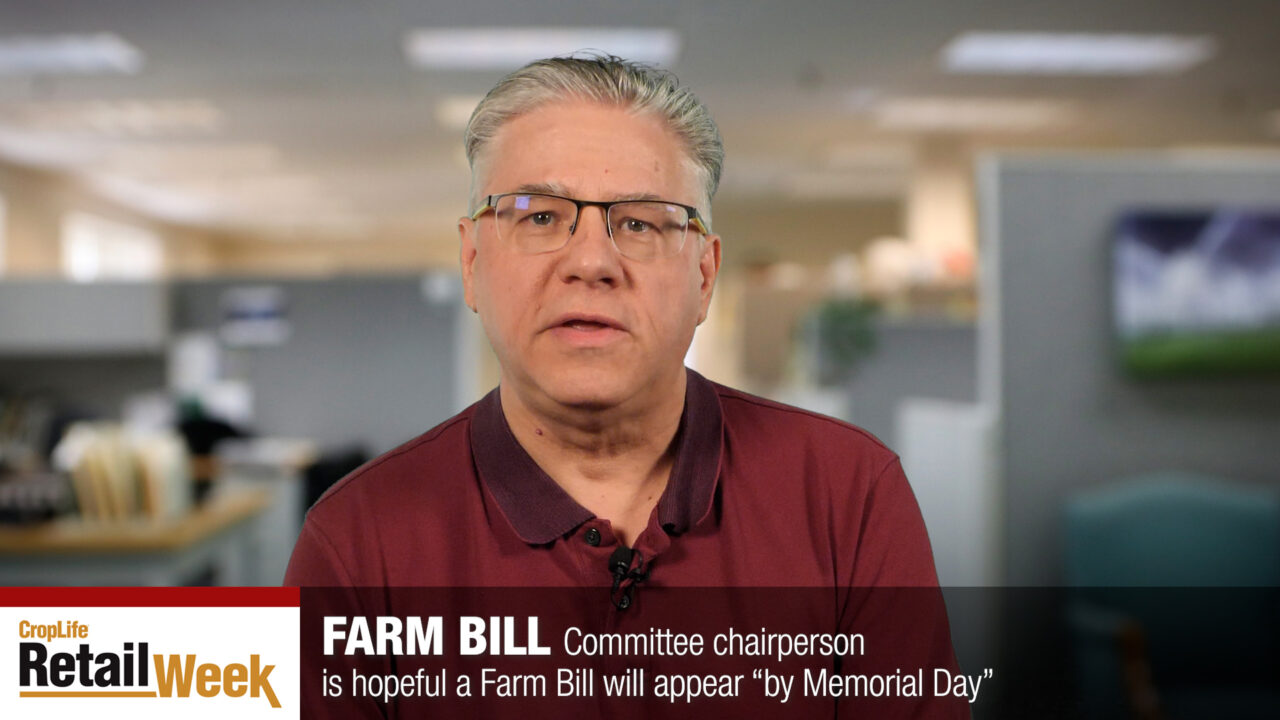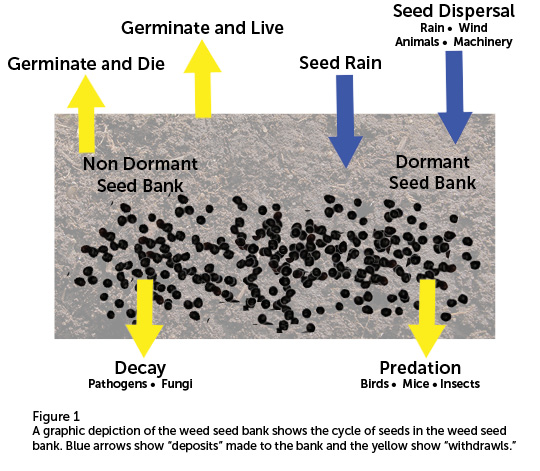Resistant Weeds Are Largely A Self-Made Problem
Having covered the agricultural marketplace for the past dozen years, I’ve found growers to be a very thorough, dedicated lot. For the most part, they are always looking for long-range vision ways to increase their yields and businesses, from adopting new precision ag technology to increasingly using wireless communication to capture data.
That’s what makes what I heard at a recent meeting disturbing. Last week, I attended the annual Weed Science Society of America (WSSA) meeting, which focused extensively on the growing problem of herbicide-resistant weeds. By most estimates, this hard-to-impossible to control yield robbers invest more than 60 million acres of farmland – and this figure is increasing by the day. According to many speakers, the agricultural community’s over-reliance on a single herbicide, glyphosate, can be blamed for much of this problem.
However, other speakers also pointed a finger at the growers themselves for creating this situation. “Many growers have tended to focus on their weed control one year at a time,” said Harold Coble, agronomist for USDA. “In these instances, they work to kill the weeds they can to help pay the bills for that season, but never deal with the ones that survive and how those might develop resistance going forward.”
I heard similar stories at last year’s WSSA meeting as well. There, one grower told attendees the following tale: “I know I shouldn’t spray weeds that are more than 6 inches high, but if I even cause them to slow down their growth instead of killing them outright, I might get a few extra bushels from that acre. And that’s money I could use.”
Recognizing this fact, some ag retailers are now recommending those trying to stop the spread of herbicide-resistant weeds cater to this kind of grower mentality.
“As an industry, we need to stop trying to change the way growers have traditionally managed their weeds and offer them short-term solutions to gain control of the situation,” said Amy Asmus, co-owner of Asmus Farm Supply, Rake, IA. “Then, we need to provide them with a more long-term solution to maintain that control.”






